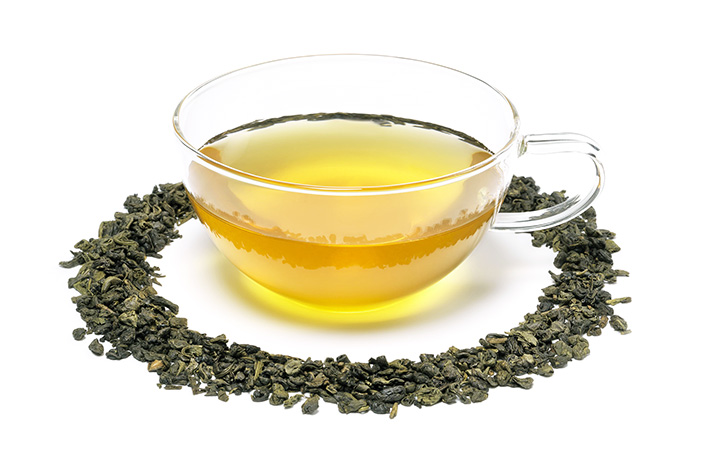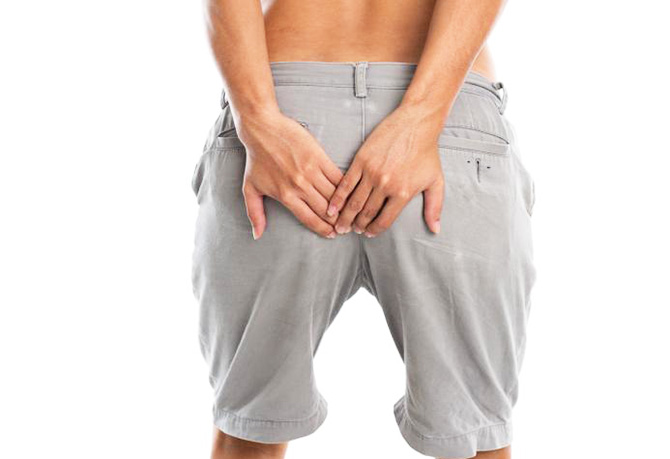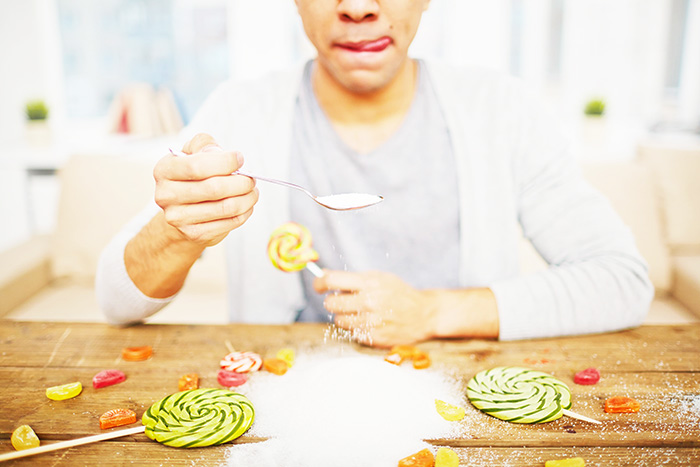Life begins at 40. Well, health authorities say that being in the 40s ushers in some nutritional deficiencies which is something that’s inevitable granted that a woman’s immune, digestive and reproductive systems are pressing on the brakes further and further.
So if you are a woman who’s about to step foot in the momentous, magical and sometimes frustrating world of being the 40s, keep on reading this article. Below you will come across some of the nutritional deficiencies that you may encounter during this milestone in your life.
Calcium
Experts say that a woman’s bones slowly start to lose strength after the age of 35, which is something that considerably increases her risk of suffering from osteoporosis with the passing of one year after the other.
It’s no secret that calcium is a mineral that’s necessitated by the body to keep the bones strong. According to nutrition experts, women who are 40 years of age and above should meet the daily requirements of calcium which is 1,000 IU to 2,500 IU.
The good news is there are lots of food sources of calcium out there.
Canned fish like salmon and sardines, milk, cheese, plain yogurt, nuts, seeds, beans, lentils — all of these supply the body with calcium. Even whey protein that makes for an excellent post workout treat or a meal replacement shake yields superb amounts of calcium important for keeping osteoporosis at bay.
Vitamin D
Ever wondered why it seems like most calcium supplements out there come with vitamin D? That’s because without vitamin D, calcium is practically useless — vitamin D helps the body absorb calcium trouble-free.
Needless to say, a woman in her 40s should not only consider loading up on calcium but also vitamin D. Doing so helps ensure that calcium in calcium-rich foods are in fact absorbed by the body.
Besides, there are many different other reasons why vitamin D is good for a woman in her 40s.
According to numerous scientific investigations, vitamin D may help fend off certain cancers — that includes breast cancer which terrifies a lot of women. The said nutrient is good for having the mood lifted, too. Vitamin D is also something known to help strengthen the immune system.
Protein
Many women including those in their 40s tend to shy away from meat in order to keep their svelte figures intact. Unfortunately, various meat products are excellent sources of protein.
We all know that protein is important for building muscles. Especially for women in their 40s who like to stay in shape, it’s of utmost importance to have the body supplied with good amounts of protein for maintaining lean muscles that help keep various body parts from sagging and also maintain a metabolic rate that’s running at an acceptable pace.
Most women think that they should load up on protein bars just to ensure they’re getting all the protein they need.
Experts in nutrition say that it’s not really that difficult to meet the daily protein needs of a woman who is 40 years of age or above. Snacking on a cup of plain Greek yogurt is enough to have her body provided with good amounts of protein. The same is true with a piece of hard-boiled egg or 1/2 cup of cottage cheese.
Iron
Any woman who menstruates is at risk of suffering from iron-deficiency anemia. It’s also something that may strike someone whose diet does not consist of enough top food sources of iron — red meat, organ meats, shellfish, legumes, seeds, dark green leafy vegetables and iron-fortified food products.
Suffering from iron-deficiency anemia means that the various cells, tissues and organs of your body are not getting enough much-needed oxygen.
It’s for this reason why having the blood problem can leave you feeling tired, exhausted and even lightheaded.
Scientists say that the mineral iron is a major role player when it comes to the production of RBCs — red blood cells, which are blood components that make it possible for the circulatory system to transport oxygen molecules from the lungs to the various parts of your body.








